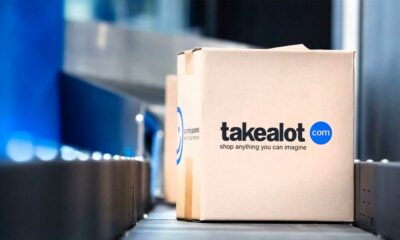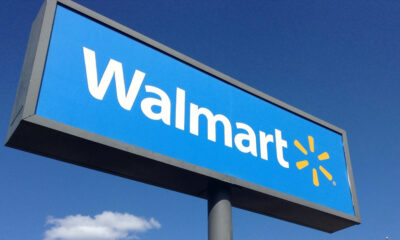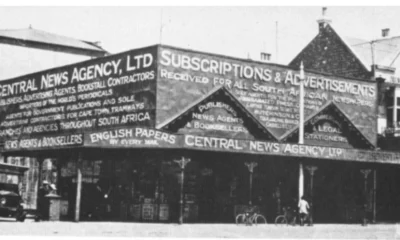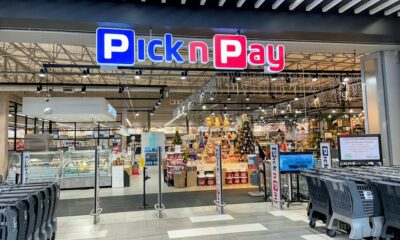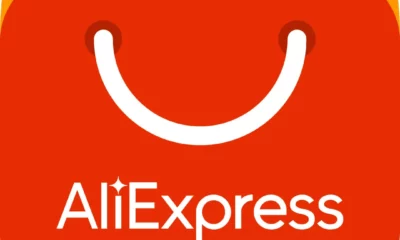Business
Takealot Holds Strong Against Amazon, Advances Toward Profitability
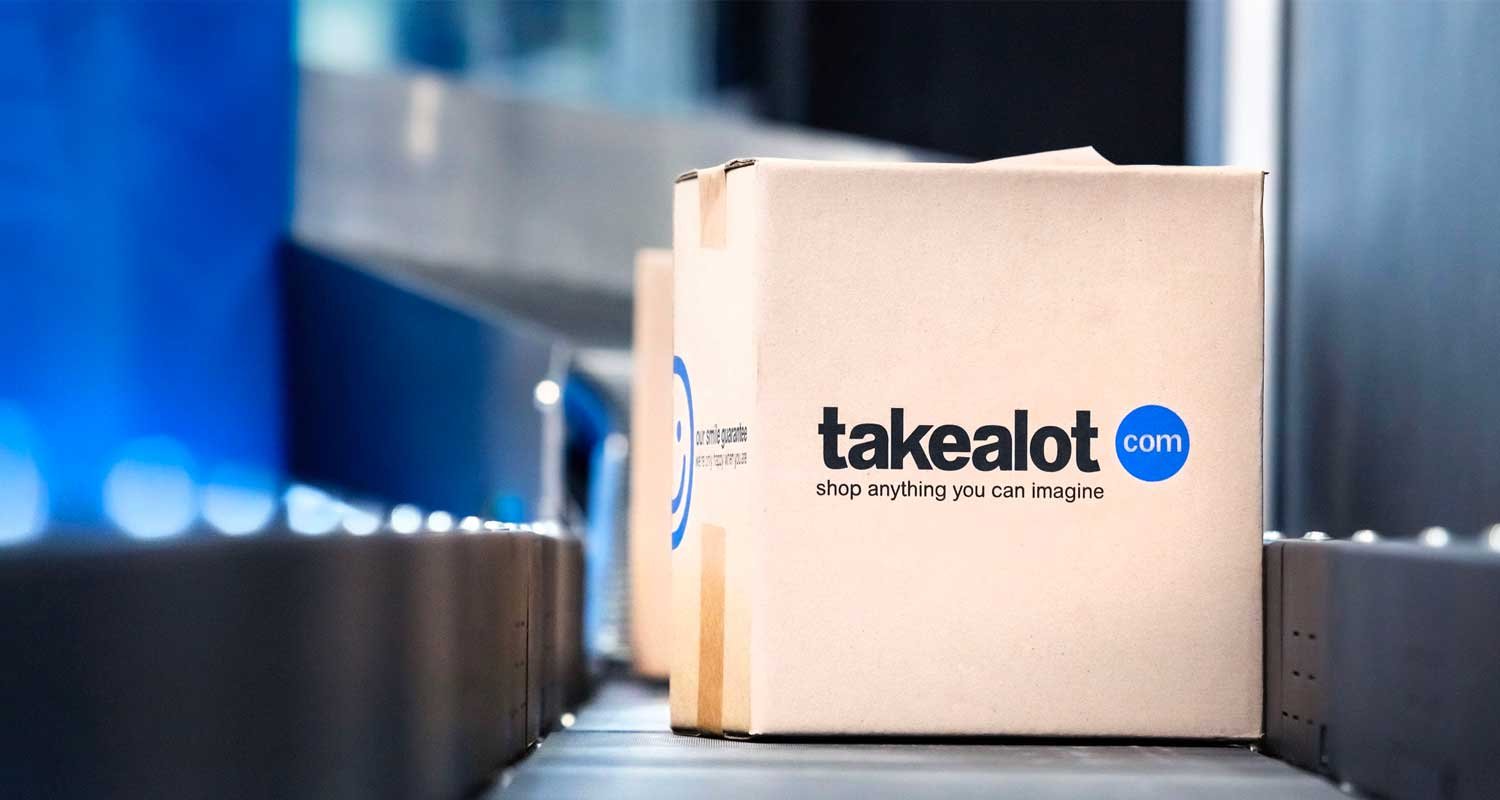
Takealot Holds Firm Against Amazon on Its Road to Profitability
South Africa’s e-commerce champion proves homegrown can still compete with global giants.
It’s been 18 months since Amazon set foot in South Africa, and many expected the American behemoth to steamroll the local competition. Instead, Takealot, the country’s homegrown e-commerce titan, has not only survived the global rivalry but continues to hold a strong grip on South African online shoppers.
For locals, Takealot’s resilience feels like a quiet victory for a brand they’ve come to trust, one that understands the South African market in ways Amazon cannot replicate overnight.
Path to Profitability: Takealot’s Progress
According to Naspers, Takealot’s parent company, the group has achieved substantial growth over the first half of FY26 (ending 30 September 2025).
“The Takealot Group delivered a strong performance for the first half of FY26, achieving substantial growth and a marked improvement in its path to profitability,” the company reported.
Takealot’s approach appears to balance aggressive expansion with sustainable business practices, a combination that is paying off as it moves steadily toward full profitabilitya milestone that has eluded many in South Africa’s e-commerce sector.
Numbers That Tell the Story
The metrics highlight Takealot’s dominance:
-
Revenue growth: 23% in rand terms (excluding mergers and acquisitions)
-
Gross Merchandise Value (GMV): Up 16% year-on-year to $877 million (R15.2 billion)
-
Adjusted EBITDA (aEBITDA): Jumped 87% (56% in rand terms) to $28 million (R486 million)
Takealot.com, including its Takealot Fulfilment Services, saw revenue rise 32% to $385 million (R6.7 billion) and GMV grow 17%, reflecting strong consumer demand.
The TakealotMORE subscription programme continues to pay dividends, with loyal subscribers now accounting for 21% of group GMV, boosting repeat purchases and customer retention.
Even Mr D, the food delivery service in which Takealot holds a controlling stake, reported growth: revenue increased 12% to $65 million (R1.1 billion) and GMV grew 14%, while aEBITDA contributed $3 million (R52 million) to the group.
Takealot vs. Amazon: Why Local Wins Matter
Takealot’s success highlights a broader trend in South African consumer behaviour: local knowledge and reliability matter. While Amazon may offer global scale, it cannot yet replicate Takealot’s understanding of delivery logistics, payment systems, and customer expectations in a country with complex infrastructure challenges.
Social media buzz around Takealot often celebrates its fast delivery, flexible payment options, and loyalty programmes, suggesting that consumers still feel a sense of familiarity and trust with the local brand.
The Road Ahead: Innovation and Adaptation
While Takealot’s current trajectory is promising, the e-commerce landscape is never static. Amazon is expanding its footprint and could introduce aggressive promotions, faster logistics, or exclusive offerings.
Takealot will need to continue innovating, from enhancing customer experience to leveraging technology like AI-driven personalisation, to stay ahead. Its strong financial foundation and loyal customer base are significant advantages, but complacency could invite competition.
Local Giant Holding Ground
Takealot’s resilience and growth show that South African e-commerce can thrive even in the shadow of global players. Its focus on profitability, customer loyalty, and steady expansion positions it as a cornerstone of the local digital economy.
For consumers, this is more than just numbers on a balance sheet: it’s about a trusted, homegrown service that delivers in a market where convenience and reliability matter most.
Takealot’s path to profitability is not just a corporate milestone, it’s a story of local triumph in the face of global competition.
{Source: The South African}
Follow Joburg ETC on Facebook, Twitter , TikTok and Instagram
For more News in Johannesburg, visit joburgetc.com

